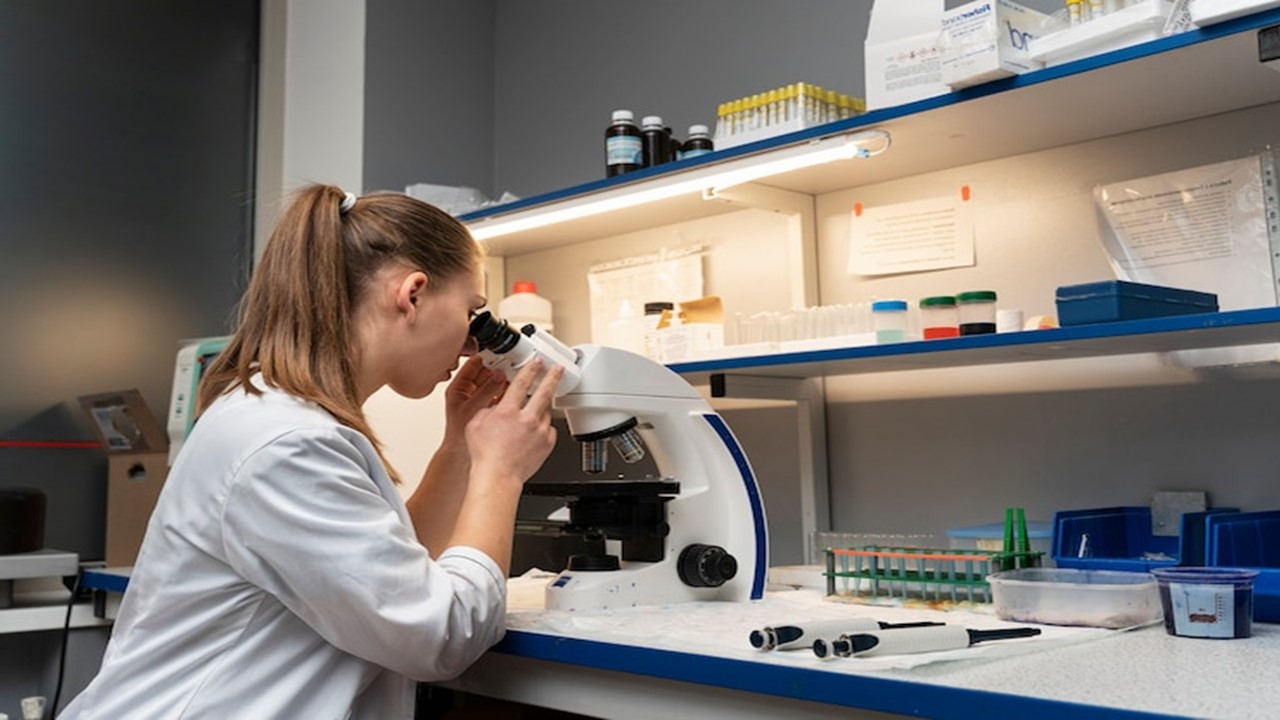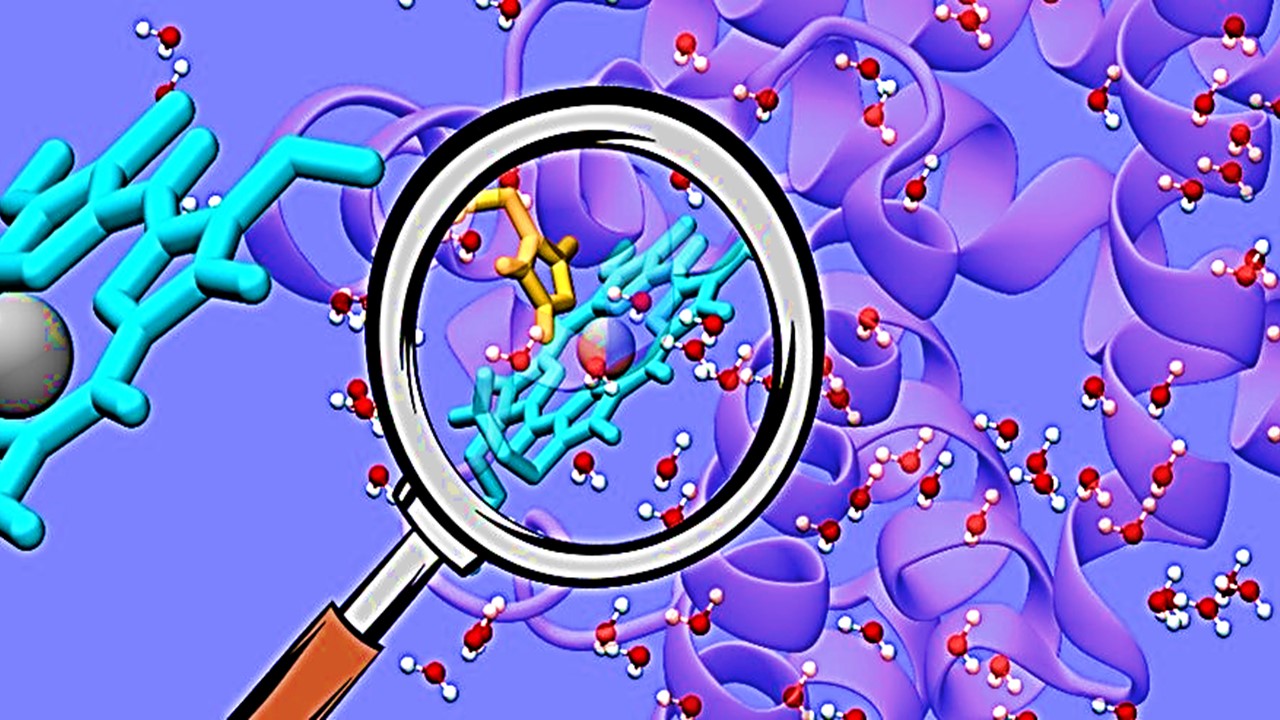The cellular respiration and energy generation are significantly influenced by the mitochondria, also referred to as the powerhouse of the cell. Diabetes, cancer, and diabetes-related illnesses are all associated with mitochondrial dysfunction. Therefore, it is crucial that one understands the processes that influence how well mitochondrial quality is maintained. Recently, a group of scientists carried out a study using artificial intelligence (AI) to screen for substances that could improve mitophagy.
Mitophagy and Its Importance
Autophagy, a cellular recycling system, selectively destroys damaged or malfunctioning mitochondria through the process of mitophagy. For cellular health and disease prevention, mitophagy must be properly regulated. Age, cancer, and neurological disorders are all linked to defective mitophagy. The mechanisms that control mitophagy must therefore be understood because they are pivotal in most degradative disease processes.
AI-Guided Screen for Mitophagy Enhancers
One of the primary competencies of IBM Watson for Drug Discovery, an AI software run on a supercomputer that scans the published literature for patterns of important words, phrases, and juxtapositions, is the ability to recognize patterns of such semantic similarity. A semantic fingerprint of genuine mitophagy enhancers was created by the team using the algorithm, and they then searched for comparable fingerprints in the literature on a collection of more than three thousand candidates from a pharmacological repository.
A mitochondrial toxin was used to test more than 70 top candidates in cell culture. A number of other mitophagy assays were used to assess the three top choices from that assay, and the results showed that probucol, a medication used to decrease cholesterol, had the best efficiency and likely safety of all the possibilities. In two separate animal models of Parkinson’s disease, propucol has also been shown to enhance motor performance, survival, and neuron loss.
Probucol and Its Role in Mitophagy Enhancement
Despite being less effective than the more recent HMG-CoA (β-Hydroxy β-methylglutaryl coenzyme A) reductase inhibitors like atorvastatin and lovastatin, probucol has been used for decades to treat hyperlipidemia. By accelerating the breakdown of LDL (low-density lipoprotein), probucol reduces cholesterol levels. Probucol may also slow cholesterol absorption and reduce cholesterol production. Probucol is a potent antioxidant medication typically used to prevent vascular disease brought on by the body’s natural free radicals. The study team discovered that probucol altered lipid droplets to increase mitophagy. Cellular organelles called lipid droplets store lipids and control lipid metabolism. Probucol, according to the study’s findings, increased the quantity of lipid droplets, which in turn improved mitophagy. The study suggests that the modulation of lipid droplets could be a new target for mitophagy enhancement.
The Case of Probucol for Parkinson’s
Parkinson’s disease is a neurodegenerative condition that predominantly affects brain cells that make dopamine. Parkinson’s disease is characterized by mitochondrial dysfunction, and it is thought that impaired mitophagy contributes to the pathophysiology of the condition. The possibility of using probucol as a Parkinson’s disease medication has been raised by the recent discovery that it may promote mitophagy through modification of lipid droplets.
Although there is currently no cure for Parkinson’s disease, there are several treatments available that aim to manage the symptoms of the disease. These treatments include levodopa, which replenishes dopamine levels in the brain, and deep brain stimulation, which involves the implantation of a device that sends electrical impulses to specific regions of the brain. However, these treatments do not address the underlying mitochondrial dysfunction that contributes to the pathology of the disease.
The discovery of probucol as a potential enhancer of mitophagy offers a new avenue for the development of targeted therapies for Parkinson’s disease. By modulating lipid droplets and enhancing mitophagy, probucol has the potential to promote the removal of dysfunctional mitochondria and improve mitochondrial function. This could help to alleviate some of the underlying pathology of the disease and slow its progression.
While the potential of probucol for the treatment of Parkinson’s disease is promising, further research is needed to fully understand its therapeutic potential. Clinical trials will be necessary to determine the safety and efficacy of probucol in the treatment of Parkinson’s disease. Additionally, the specific mechanisms by which probucol modulates lipid droplets and enhances mitophagy will need to be further elucidated.
Study DOI: 10.1371/journal.pbio.3001977
Subscribe
to get our
LATEST NEWS
Related Posts

AI, Data & Technology
The Power of Unsupervised Learning in Healthcare
In healthcare’s dynamic landscape, the pursuit of deeper insights and precision interventions is paramount, where unsupervised learning emerges as a potent tool for revealing hidden data structures.

AI, Data & Technology
Unlocking Intelligence: A Journey through Machine Learning
ML stands as a cornerstone of technological advancement, permeating various facets of our daily lives.
Read More Articles
Synthetic Chemistry’s Potential in Deciphering Antimicrobial Peptides
The saga of antimicrobial peptides unfolds as a testament to scientific ingenuity and therapeutic resilience.











